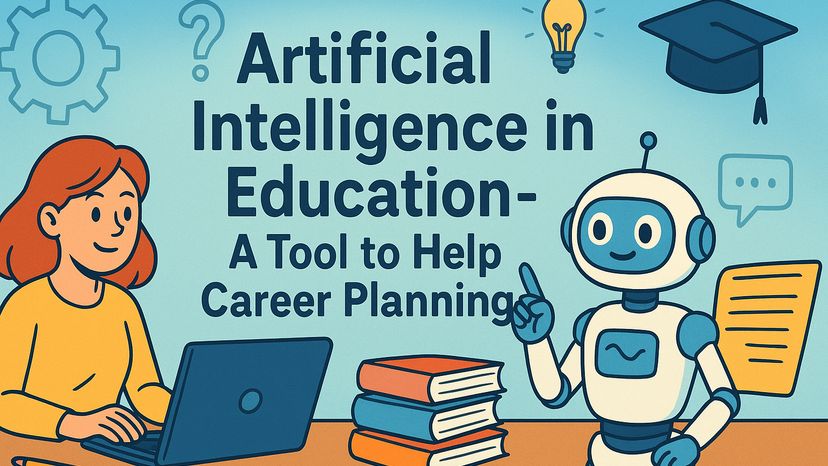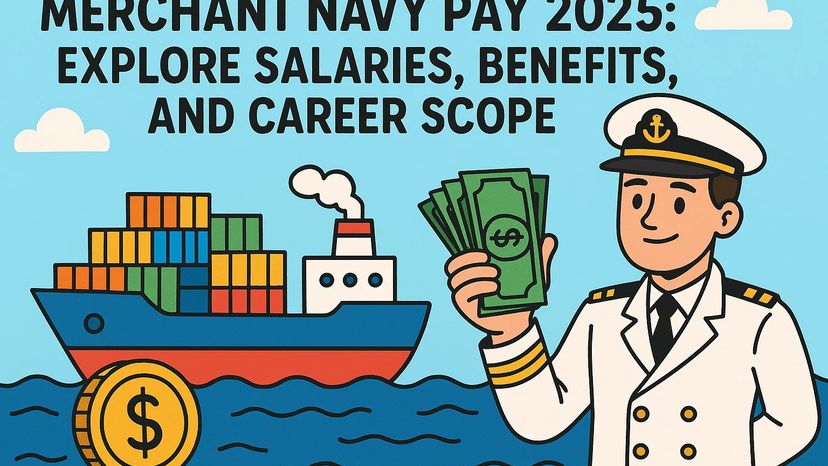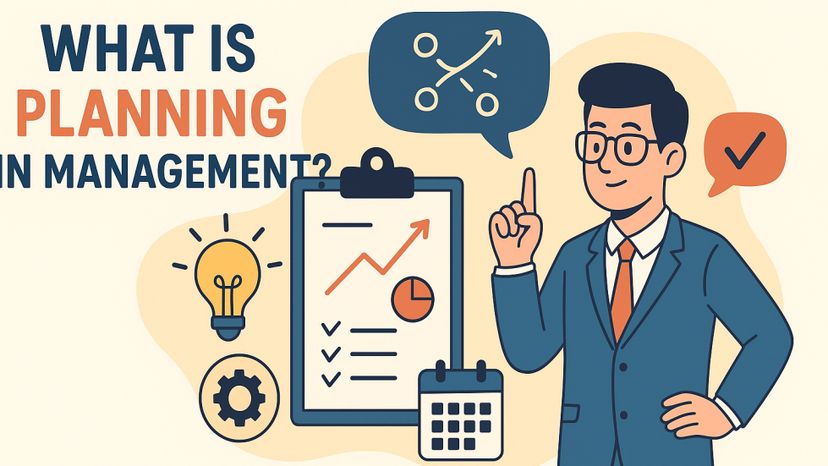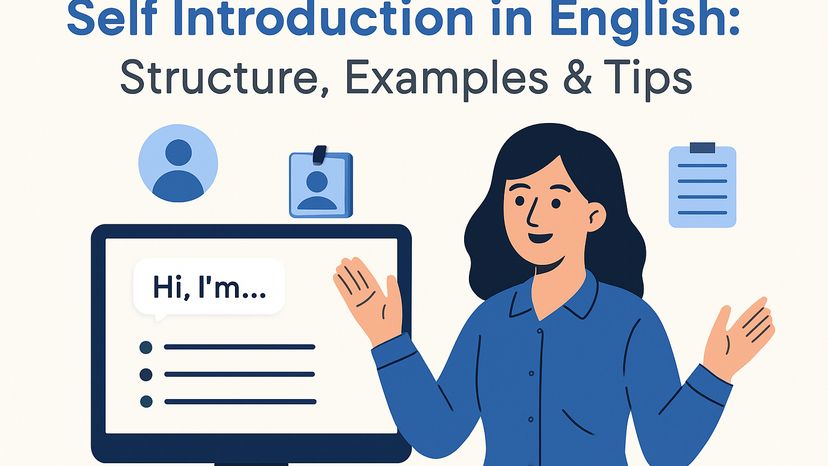A List of Pharmacy Courses After 12th
Pharmacy makes a meaningful connection in healthcare. Pharma is a very dynamic, responsible field that plays a significant role in ensuring safe and effective practice of drug therapies. After 12th grade science students, pharmacy entails a spectrum of possibilities from a clinical practice role to pharmaceutical innovation and research. Pharmacy practice has evolved since the pandemic as well. The pandemic had pharmaceutical practitioners on the front lines of the health care system, and made people cognizant of pharmacy work spaces in ways we have not been aware of including roles like vaccine administration, managing long-term illnesses, and supporting digital healthcare systems.This blog is dedicated to providing an overview of pharmacy courses after 12th, eligibility requirements, pharmacy colleges, career options and some tips to thrive in the profession as it is evolving. The profession of pharmacy is multi-faceted and purposeful. With the discourse around health for demand expanding, Axon sectors addressing AI technology, personalized medicine and drug development the scope of pharmacy has a robust future.
What is Pharmacy?
Pharmacy is a branch of medical science focused on formulating, providing, and ensuring the appropriate use of medications.Pharmacists are integral to health systems as researchers, counsellors to doctors, patient safety agents and negotiating senior roles in the therapy of drug interactions. Pharmacy includes practical areas such as clinical pharmacy, hospital pharmacy, community pharmacy, industrial pharmacy, and regulatory affairs.
Many pharmacy professionals echo the growth of all healthcare professions globally as a healthcare option, especially in India, with rapid expansion to educate pharmacists. Not only are pharmacists now being required to observe and comply with the notifications of health professions through legislation or regulation, but also municipal bylaws that govern the practice of pharmacy. Pharmacy is no longer merely providing and selling medicines and devices, but is becoming more scientific, more research-oriented, and more concerned with the practice of patient health. Essentially, pharmacists are developing new systems of therapies with new technologies, genetics, personalized medicine, and statistically significant results using artificial intelligence to develop a drug discovery matrix.
Interestingly, bioinformatics and computational chemistry and their methods are evolving pharmacy education and the practice of pharmacy. Pharmacists are learning to communicate their contributions as part of multidisciplinary teams in the improvement of accessible pharmaceuticals personalized to people’s genes as drugs known as precision medicine. As the science of biology-based products develops in complexity, the use and understanding of scientists has grown and so has the number of pharmacy professionals who are equipped with the latest important technologies.
The Modern Pharmacist Role
Pharmacists' workplace roles are no longer limited to the back of a hospital, or even a counter, in a retail pharmacy. They find themselves involved in clinical decision-making, public health initiatives, patient education programs, and pharmaceutical advances. Here are some examples of their current practice specialties:
- Medication Therapy Management (MTM): Helping patients get the best effect from their medications with the least amount of side effects.
- Chronic disease management: Advising practitioners in the management of services for patients with diabetes, the hypertensive, and those with asthma.
- Vaccine administration: Increasingly pharmacists are being educated and certified in vaccine administration.
- Pharmacovigilance: Monitoring the safety, therapy, and other medicinal products, after they are developed and released into the market.
- Electronic health, or digital health: Remote advice and e-prescribing management from computer programs.
- Public Health Advocacy: Communal engagement in hygiene, disease prevention, and medication adherence.
- Education – Teaching and mentoring the next pharmacists in schools and post-secondary institutions.
Pharmacy practice is an evolving profession. Pharmacists are healers and educators. They are scientists, businesspeople, and information technology providers. They are an important part of a robust and adaptable health system.
Why Choose Pharmacy After 12th?
There are many reasons to choose pharmacy courses after the 12th grade:
- Variety of jobs: Pharmacists have a variety of jobs await, from a hospital pharmacy to research labs.
- High salary potential: Especially for jobs in pharmacy industries and research operations, salary packages can be lucrative.
- Job stability: Healthcare jobs have great job stability.
- World wide: A pharmacy degree opens more options for jobs all over the world.
- For The Love of Science: For those who love to study science, especially chemistry and biology, the pharmacy will test your intellect.
Pharmacy Course List After 12th
Here is a detailed pharmacy course list for students looking to pursue pharmaceutical education after completing their 12th:
- Diploma in Pharmacy (D. Pharmacy)
- Duration: 2 years
- Eligibility: 12th passed with Physics, Chemistry, and Biology/Mathematics
- Information: This farmasi program provides a basic understanding of pharmacy practice principles, and prepares students for acquisition level work and practice in hospitals and pharmacies.
- Bachelor of Pharmacy (B. Pharma)
- Duration: 4 years
- Eligibility: 12th Science (50% min.) or PCB / PCM
- Details: The most desired undergraduate degree program in pharmacy degree program is B Pharma. It is required for students wishing to be registered pharmacists and work in pharmacy industries.
- Doctor of Pharmacy (Pharm D)
- Duration: 6 years (5 years academic + 1 year internship)
- Eligibility: minimum of 12th Science with PCB/PCM; an entrance exam may be required.
- Details: Pharm D is a professional doctoral program suitable for every dream clinical pharmacy and patient care.
- B. Pharmacy (Lateral entry)
- Duration: 3 years (for D. Pharmacy students)
- Eligibility: D. Pharmacy has to be completed.
- Details: This is a great opportunity to get an upgrade for bachelor degree for diploma holders.
Let's Take A Look at the Duration. Pharmacy is How Many Years Course?
- D. Pharmacy: 2 years
- B. Pharmacy: 4 years
- Pharm D: 6 years
- Postgraduate Degrees (M. Pharm): 2 years
- PhD in Pharmacy: 3-5 years
Eligibility Criteria for Pharmacy Course
Eligibility criteria for pharmacy courses generally include:
- Completion of 12th grade with Physics, Chemistry, and Biology/Mathematics
- Minimum aggregate marks (generally 50% or more)
- Universities may also have prerequisite entrance exams: NEET, GPAT, or institution-level exams
Can I do D Pharmacy after 12th Arts?It’s rare, but some private institutions may permit Arts students under unique conditions/bridge programs, but it isn’t the standard.
How to Study Pharmacy: A framework
Learning how to study Pharmacy takes commitment, consistency, and understanding of the course. How to Study Pharmacy:
- Understand the Curriculum. Your study focus will include core pharmacy courses of pharmacology, pharmaceutics, medicinal chemistry, and clinical pharmacy.
- Use the Lab. Hands-on lab training leads to understanding the formulation and testing of drugs.
- Internships and Industrial Visits. Get out there! Interning in hospitals, pharmaceutical companies, or research labs exposes you to real-world experience.
- Join Professional Organizations. Join a student pharmacy association to enhance your learning, and network.
- Stay Informed: Read journals and publications from science and pharmaceutical industries.
High Salary Courses After 12th Biology
In addition to MBBS and biotechnology, pharmacy is one of the best higher salary courses after 12th biology. Great salary packages are available for drug safety associates, medical science liaisons, pharmacovigilance, regulatory affairs officers at multinational pharmaceutical companies.
Top Pharmacy Colleges in India
Using a good college ensures successful careers. There are various reputed pharmacy colleges across India:
- Pharmacy College in Jalgaon
- Pharmacy Colleges in Sangli
- Pharmacy College in Wardha
- Pharmacy College in Latur
- Pharmacy College in Panvel
- Pharmacy Colleges in Ernakulam
- Pharmacy Colleges in Thrissur
Make sure the college is approved by the Pharmacy Council of India (PCI) and offers accredited programs.
Career Options in Pharmacy Field
The pharmacy field offers diverse roles:
- Community Pharmacist
- Hospital Pharmacist
- Clinical Research Associate
- Drug Inspector
- Pharmaceutical Scientist
- Regulatory Affairs Manager
- Medical Writer
Different roles require different skill sets, and the roles all offer different paths of development. For example, for students committed to a career in the research field, one can take courses in pharmaceutical research, a PhD, and then go onto academic or corporate R&D.
How To Become A Pharmacist In India
To become a pharmacist in India:
- Complete 12th (Science)
- Take a D. Pharmacy or B. Pharmacy course
- Register with the Pharmacy Council of India after qualifying
- Get some experience through internships
- Optional M. Pharm or specialty formulation programs
Frequently Asked Questions (FAQs)
Q1: Can I do D Pharmacy after 12th Arts?A: It is rarely permitted; the standard eligibility is the Science stream.
Q2: What are pharmaceutical courses?A:Academic programs exist around drug development, manufacturing, and therapeutic use.
Q3: Is pharmacy a good career?
A: Yes, especially in India's rapidly growing healthcare and pharmaceutical industry.
Q4: How to do pharmacy after 12th?
A: Choose a pharmacy course as per your eligibility, apply to a recognized college, and complete the course.
Q5: Which is the best pharmacy course?
A: The B. Pharma and Pharm D are both highly recommended for better career advancement and recognition.











